Jeff Bluestone, PhD
Chief Executive Officer and President
The four founders of Sonoma Bio have been working together for years. Their leadership, experience, and expertise in microbiology, immunology, and research create the foundation from which we continue to build and expand.

Chief Executive Officer and President
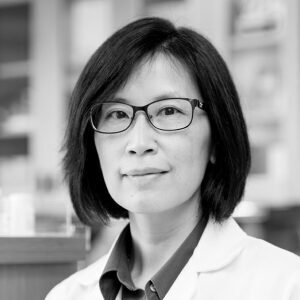
Scientific Advisor
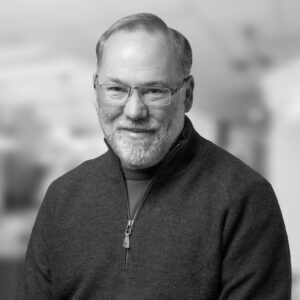
Scientific Advisor
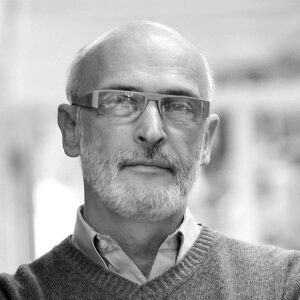
Scientific Advisor

Jeffrey Bluestone, PhD is one of the leading immunologists in the field of T-cell activation and immune tolerance research that has led to the development of multiple immunotherapies, including the first FDA-approved drug targeting T-cell co-stimulation to treat autoimmune disease and organ transplantation and the first CTLA-4 antagonist drugs approved for the treatment of metastatic melanoma.
Dr. Bluestone is an academic leader on a national and international scale. He is former President and CEO of the Parker Institute for Cancer Immunotherapy, and was the founding director of the Immune Tolerance Network, the largest NIH-funded multicenter clinical immunology research program, testing novel immunotherapies in transplantation, autoimmunity and asthma/allergy. While holding the A.W. and Mary Margaret Clausen Distinguished Professorship at UCSF, Dr. Bluestone also served as executive vice chancellor and provost at UCSF and was the former director of the UCSF Diabetes Center.
Dr. Bluestone has received numerous awards including: a Guggenheim Fellowship; election to the American Academy of Arts and Sciences; the National Academy of Medicine; and the National Academy of Sciences; and an appointed member of Vice President Joe Biden’s Cancer Moonshot Blue Ribbon Panel.
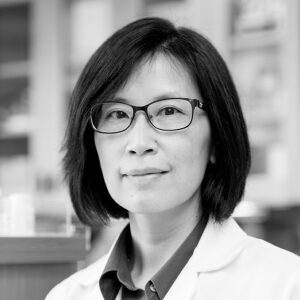
Dr. Tang received her bachelor’s degree at Peking Union Medical College in China. She completed her graduate education in the US, getting her master’s degree from the University of South Alabama and her PhD from the University of Illinois at Chicago. She completed post-doctoral fellowships at the University of Illinois at Chicago and under renowned immunologist Dr. Jeffrey Bluestone at the University of Chicago and the University of California, San Francisco.
Dr. Tang joined the staff at the University of California, San Francisco in 2002 as an Assistant Professor of Pathology in the Diabetes Center where she focused on immune tolerance. She joined the transplantation department in 2007 to lead basic research on transplant immunology. She now focuses on regulatory T cell biology. She is one of the first to grow regulatory T cells and apply these cells in experimental therapy.
Dr. Tang’s impact in the field is reflected in numerous national and international lectures, as well as dozens of publications in the field of immunology and Treg biology.
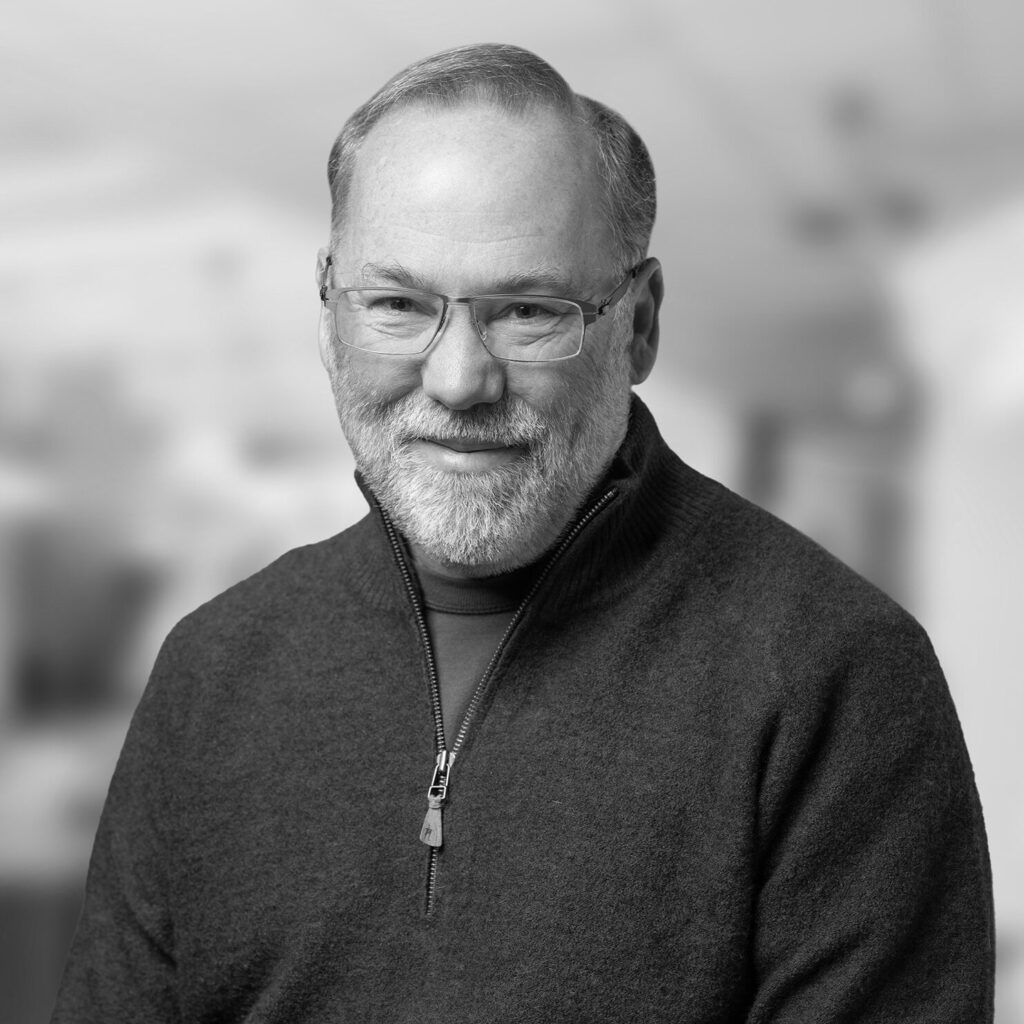
Fred Ramsdell, PhD (ramz-dell) is a veteran biotechnology leader in immunology with nearly three decades of experience and was named a winner of the 2025 Nobel Prize in Physiology or Medicine.
A co-founder of Sonoma Biotherapeutics, Dr. Ramsdell was the former Chief Scientific Officer (CSO) and current Scientific Advisory Board Chair of the Company.
Dr. Ramsdell earned his doctoral degree in microbiology and immunology from the University of California, Los Angeles and holds a bachelor’s degree in biochemistry and cell biology from the University of California, San Diego.
Following a fellowship at the NIH, Dr. Ramsdell joined Immunex studying T cell activation and tolerance, with a focus on gene discovery and functional characterization. He later joined Darwin Molecular (which was later acquired by Celltech R&D) to establish the immunology program. Amongst other programs, he led the team that discovered and characterized FoxP3, a gene critical to the function of regulatory T cells. Dr. Ramsdell joined ZymoGenetics in 2004, where he led teams studying novel proteins with potential regulatory activity in lymphoid cells. In 2008, Novo Nordisk brought on Dr. Ramsdell to help establish the company’s new Inflammation Research Center in Seattle and lead the Immunobiology group.
Prior to SonomaBio, Dr. Ramsdell was the CSO at the Parker Institute for Cancer Immunotherapy (PICI) where he helped to build and advance multiple research programs from the inception of the Institute.
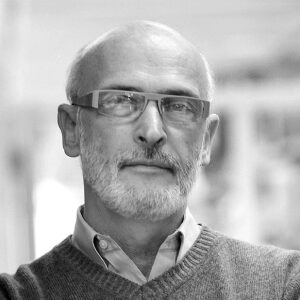
Alexander Rudensky, PhD, an immunologist at Memorial Sloan Kettering Cancer Center, is co-discoverer of the transcription factor FoxP3 that is essential for Treg identification and function.
Early in his career, Dr. Rudensky pursued biochemistry at Moscow’s Second Medical School, studying the interplay between the immune system’s main actors: T cells and B cells. Following postdoctoral work at Yale, he accepted a professorship at the University of Washington, where his focus turned to the molecular underpinnings of T cell development. Dr. Rudensky became particularly interested in regulatory T cells, or Tregs, thought to play a role in suppressing unwanted immune responses. The molecular identity and role of Tregs had puzzled researchers for decades, but Dr. Rudensky and his team helped solve it by discovering that the gene switch FOXP3 controls their formation.
Much of Dr. Rudensky’s career unfolded at Memorial Sloan-Kettering in New York City. Notably, he found that placental mammals form cohort of “peripheral” Tregs, and that during pregnancy, these Tregs prevent the maternal immune system from attacking the fetus, effectively linking peripheral Treg deficiency to miscarriages. Dr. Rudensky also discovered that fatty acids in the gut boost the formation of peripheral Tregs, which in turn help ward off inflammatory gut disorders, and that Tregs secrete a signaling molecule that mediates tissue repair and maintenance, establishing a central role for them in inflammation and allergies.
More recently, Dr. Rudensky and his colleagues have explored how Tregs influence cancer progression. Clinical trials involving Tregs in transplantation and autoimmune diseases are underway, and the coming years are poised to bring promising leads for cancer treatment.